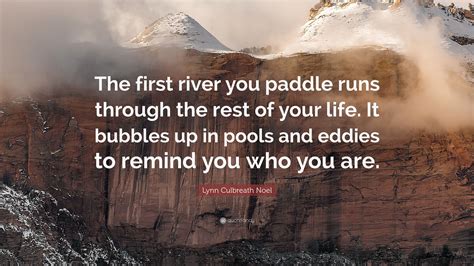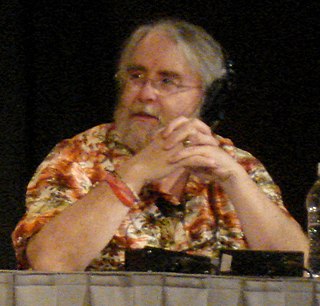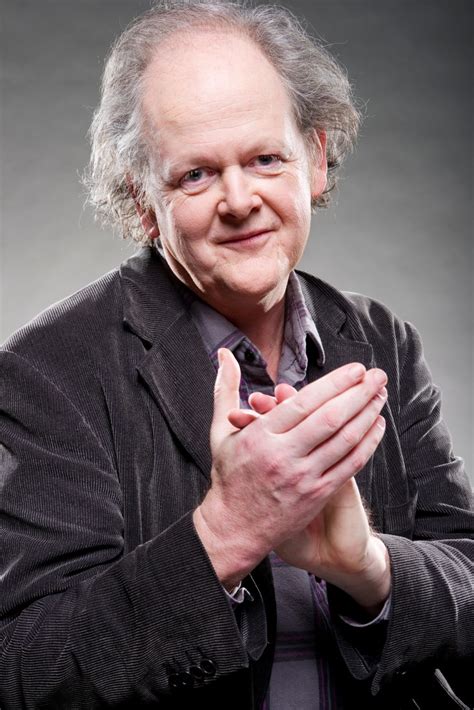A Quote by Henry David Thoreau
It cannot but affect our philosophy favorably to be reminded of these shoals of migratory fishes, of salmon, shad, alewives, marsh-bankers, and others, which penetrate up the innumerable rivers of our coast in the spring, even to the interior lakes, their scales gleaming in the sun; and again, of the fry which in still greater numbers wend their way downward to the sea.
Related Quotes
Whether we live by the seaside, or by the lakes and rivers, or on the prarie, it concerns us to attend to the nature of fishes, since they are not phenomena confined to certain localities only, but forms and phases of the life in nature universally dispersed. The countless shoals which annually coast the shores of Europe and America are not so interesting to the student of nature as the more fertile law itselffrom which it results that they may be found in water in so many places, in greater or lesser numbers.
Solar flares affect our everyday lives in all kinds of mundane ways. They affect satellites, they affect our emotions, and so on, but they also affect the nature of the light that is coming to us, which is kind of the way that the DNA unfolds. And on those levels hardly anyone really understands all of this, and I don't either. I just know that what is going on in the Sun is very important.
The ancient Irish bards knew the Salmon of Knowledge as the giver of all life's wisdom. In the salmon's leap of understanding like a leap of faith, we can see ourselves "in our element," immersed in the river of life. The cycle of the salmon's journey reminds us that all rivers flow to the same sea.
Philosophy appears to some people as a homogenous milieu: there thoughts are born and die, there systems are built, and there, in turn, they collapse. Others take Philosophy for a specific attitude which we can freely adopt at will. Still others see it as a determined segment of culture. In our view Philosophy does not exist.
If we use our fuel to get our power, we are living on our capital and exhausting it rapidly. This method is barbarous and wantonly wasteful, and will have to be stopped in the interest of coming generations. The heat of the sun's rays represents an immense amount of energy vastly in excess of waterpower...The sun's energy controlled to create lakes and rivers for motive purposes and transformation of arid deserts into fertile land.
To describe our growing up in the lowcountry of South Carolina, I would have to take you to the marsh on a spring day, flush the great blue heron from its silent occupation, scatter marsh hens as we sink to our knees in mud, open an oyster with a pocketknife and feed it to you from the shell and say, 'There. That taste. That's the taste of my childhood.'
To stand at the edge of the sea, to sense the ebb and flow of the tides, to feel the breath of a mist moving over a great salt marsh, to watch the flight of shore birds that have swept up and down the surf lines of the continents for untold thousands of years, to see the running of the old eels and the young shad to the sea, is to have knowledge of things that are as nearly eternal as any earthly life can be.
But mark, madam, we live amongst riddles and mysteries--the most obvious things, which come in our way, have dark sides, which thequickest sight cannot penetrate into; and even the clearest and most exalted understandings amongst us find ourselves puzzled and at a loss in almost every cranny of nature's works.
After each failure, ask forgiveness, pick yourself up, and try again. Very often what God first helps us toward is not the virtue itself but just this power of always trying again. For however important chastity (or courage, or truthfulness, or any other virtue) may be, this process trains us in habits of the soul which are more important still. It cures our illusions about ourselves and teaches us to depend on God. We learn, on the one hand, that we cannot trust ourselves even in our best moments, and, on the other, that we need not despair even in our worst, for our failures are forgiven.


































